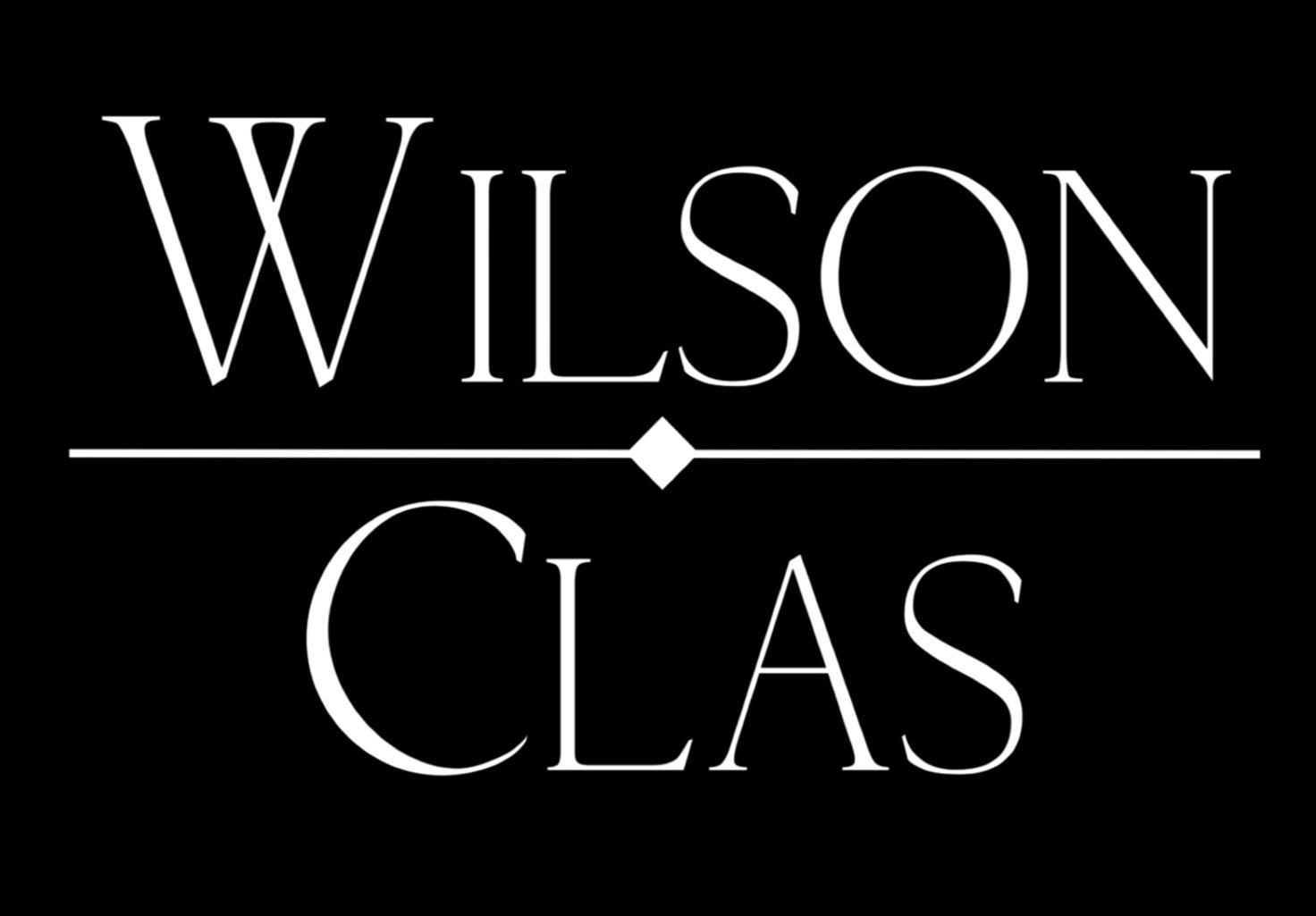Contested Omnibus Hearings and Pre-Trial Litigation
In Minnesota, a contested omnibus hearing is a pretrial hearing that is held in criminal court to determine whether there is sufficient evidence to proceed to trial. Contested omnibus hearings, in theory, resolve pre-trial legal arguments, including motions for the suppression of evidence, motions for the dismissal of criminal charges, motions challenging the disclosure of evidence, enhanced sentencing, and more.
In the context of a pre-trial contested omnibus hearing challenging probable cause to charge a criminal defendant, the prosecution generally must present evidence to show that there is probable cause to believe that the defendant committed the crime charged. The defense also has the opportunity to present evidence and argue that the charges should be dismissed or that there is not enough evidence to proceed to trial.
The hearing is called "omnibus" because it serves as an "all-purpose" hearing, where the court addresses multiple pretrial motions.
Both the prosecution and the defense can call witnesses to testify and also cross-examine the other side's witnesses.
The judge will decide on the outcomes of the hearing, which can include:
Denying the defense's motion for dismissal, and the case will proceed to trial.
Allowing the motion for dismissal, and the case will be dismissed.
Allowing the motion to suppress, and any evidence that is inadmissible will be suppressed.
Granting or denying the defense’s discovery request.
The contested omnibus hearing can be a crucial stage in the criminal justice process, as it can determine whether the case will proceed to trial or be dismissed, which evidence will be admissible at trial, and the decisions made during the hearing can greatly impact the outcome of the case.

